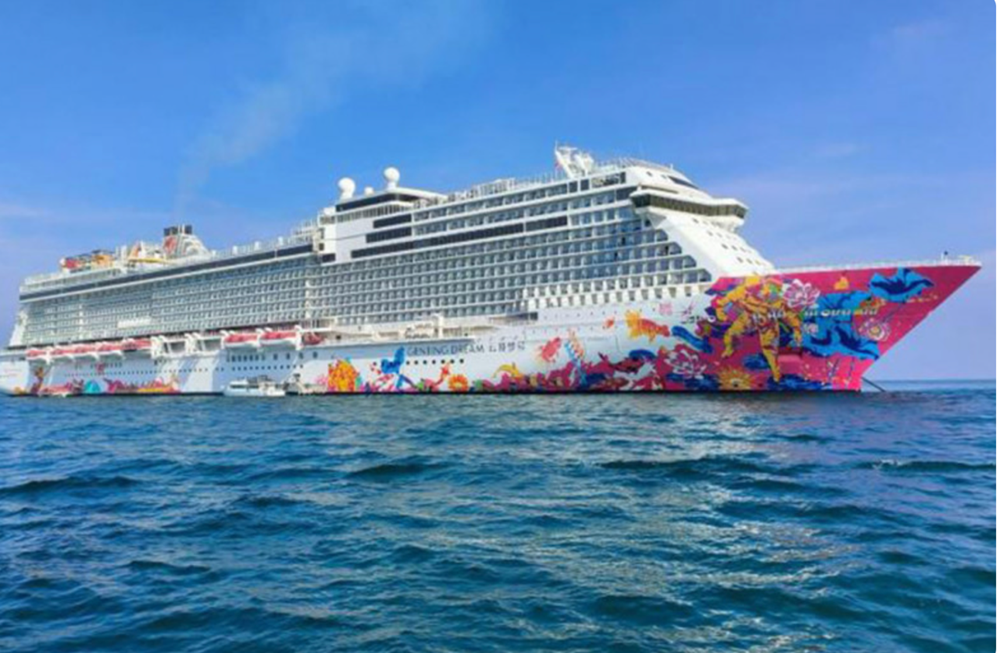
Many countries in the world have been very successful in their strategy of developing marine tourism and contributing large revenue to the national GDP. A typical example is Thailand - a country that has made good use of its marine potential and resources to invest in building and developing marine tourism.
One of the right directions for Thailand is to exploit its potential in culture, tourism and sea tourism to create the best products.
At the same time, in order to prevent insecurity and ensure safety in the process of tourism development, the Thai Government has established the Thai Tourist Police, which regularly coordinates with other relevant agencies to ensure security and safety for tourists in any case, helping to enhance the reputation and position of the Thai tourism industry globally.
Or in Korea, this East Asian country is also a destination that attracts many tourists around the world. In recent years, Korea has focused on developing a systematic tourism economy.
This country has built clear plans such as training human resources, building tourist areas, promoting tourism, organizing international tourism events, building information systems and spreading the country's image to the world.
To improve the quality of national tourism, Korea also established a "special army" called the Tourist Police to ensure safety and support tourists through a 24/7 Tourist Police hotline.
In the United States, New Orleans is a tourist city on the Atlantic coast of Louisiana. Although it is a famous tourist destination, New Orleans is often affected by natural disasters and floods.
Hurricane Katrina in 2005 caused severe damage to coastal areas and beach towns, with the tourism industry suffering heavy losses in property and lives.
After the Hurricane Katrina disaster, the New Orleans government learned a lesson in emergency risk management for the marine tourism industry, which not only emphasized the responsibility of the city government but also required the active participation of local organizations, units and businesses, and required close coordination with the national disaster management system.
Vietnam has over 3,200 km of coastline, with many important ecosystems and rich, diverse natural resources. The marine and island economy plays a particularly important role in the economic and social development of our country.
Although the tourism industry has made certain contributions to the economy, in recent times, the development of the marine and island economy in Vietnam has not achieved significant results. More specifically, ensuring the safety of tourists in marine tourism needs to be paid more attention.
From the practice of developing marine tourism economy associated with ensuring security and safety of countries around the world, Vietnam can draw some lessons for the development of marine tourism such as: Strengthening financial resources associated with ensuring security and safety of the sea; building plans, projects, and coordination regulations in ensuring security and safety in marine tourism activities.
In emergency situations, the tourism industry also needs to have flexible risk prevention and crisis management plans when encountering unexpected environmental incidents or natural disasters that are not predicted in advance.
Seas and islands are not only closely linked to the development of national tourism, but also serve as strategic trade “bridges” in the world. Therefore, the strategy for developing sea tourism must not only exploit natural potential, but must also ensure absolute safety, in which protecting the lives of tourists and residents is always the top priority.
Source: https://baovanhoa.vn/du-lich/bai-hoc-kinh-nghiem-tu-nhieu-nuoc-tren-the-gioi-155970.html







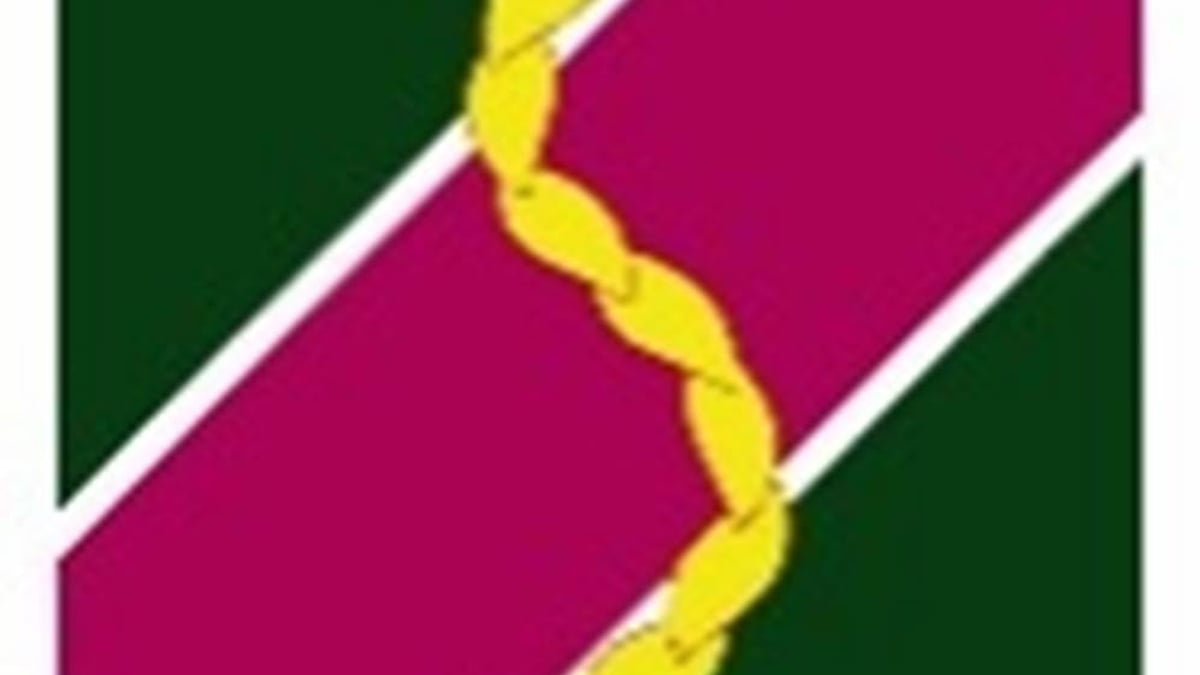


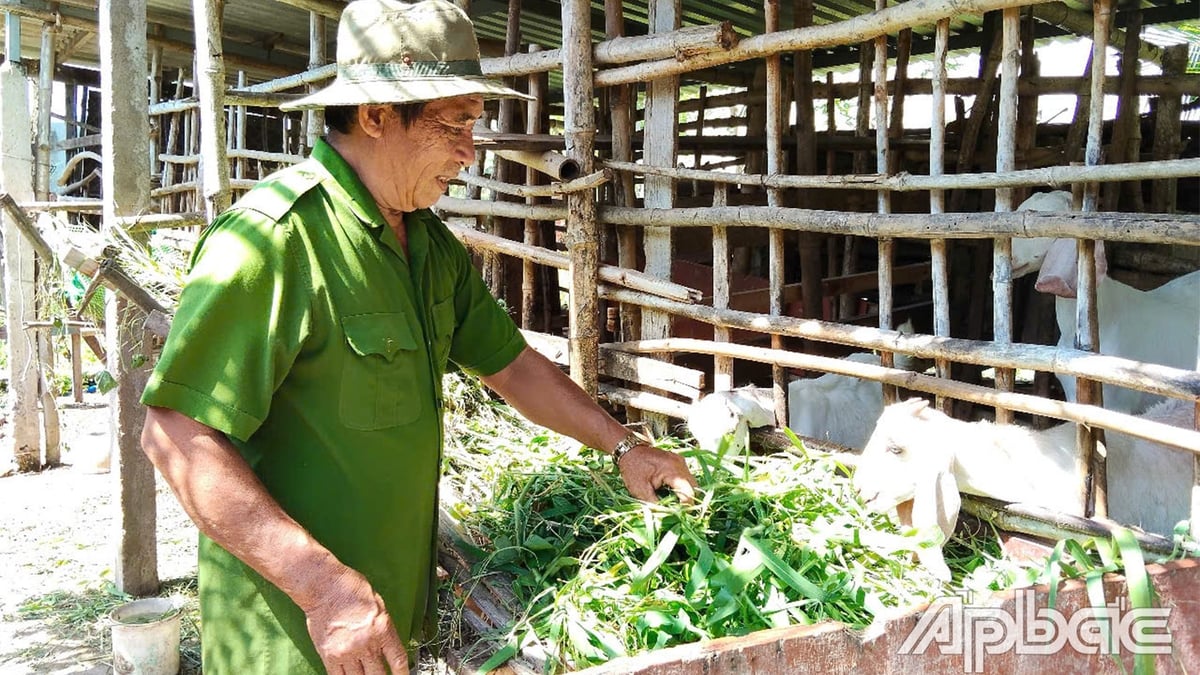
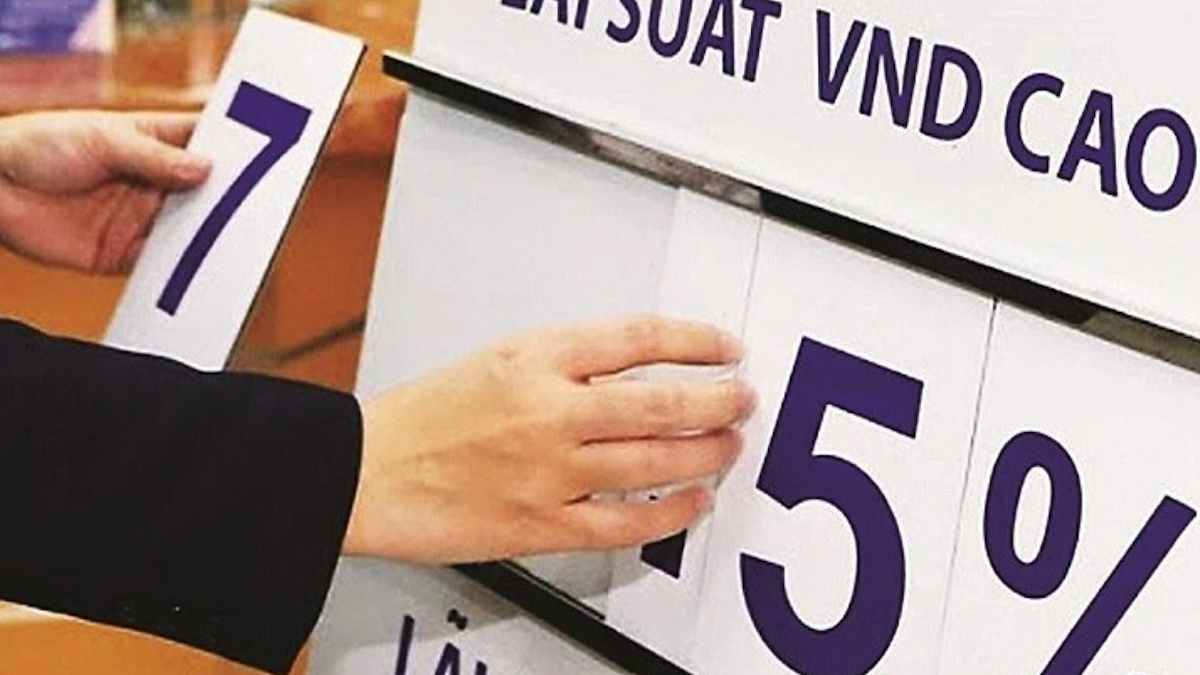











![[Photo] Signing of cooperation between ministries, branches and localities of Vietnam and Senegal](https://vphoto.vietnam.vn/thumb/1200x675/vietnam/resource/IMAGE/2025/7/24/6147c654b0ae4f2793188e982e272651)










































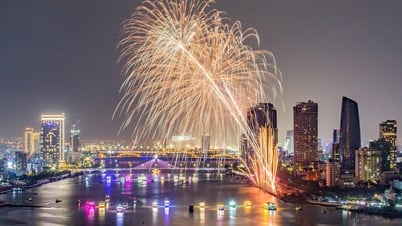
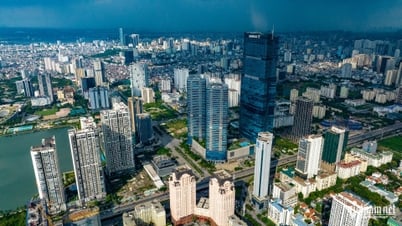





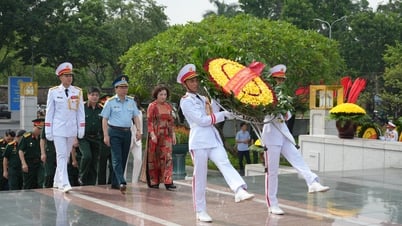
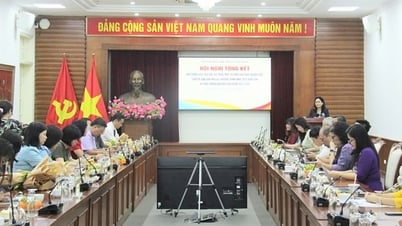

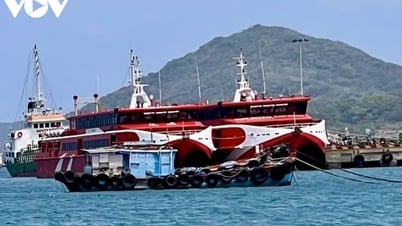























Comment (0)